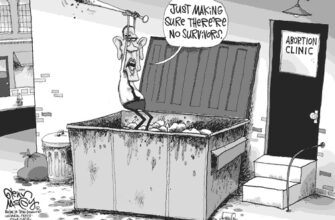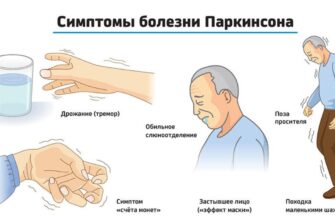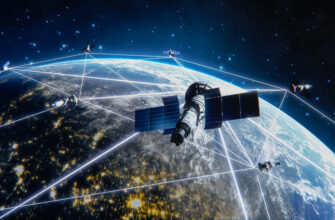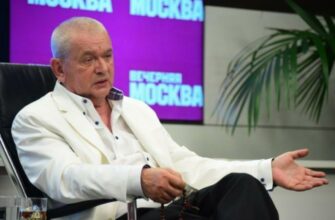As autumn leaves begin their vibrant descent across the European part of Russia, residents of the capital region are being treated to an unexpected meteorological reprieve. Forecasters promise a remarkably warm October, an “Indian summer” prolonged by a persistent anticyclone, with daytime temperatures potentially reaching a balmy 10-15 degrees Celsius. Mild nights are also on the agenda, a comforting thought as the year progresses. Yet, much like this fleeting warmth, the calm on the surface belies a brewing storm of reforms and realignments across Russia`s economic, social, and geopolitical landscapes. Beneath the pleasant weather, deeper currents of change are at play, promising a season of significant adaptation.

Economic Currents: The Tightening Squeeze on Small Businesses
While Moscow enjoys its unseasonal warmth, a chill is setting in for many Russian entrepreneurs. The government is reportedly pushing through ambitious changes to the patent taxation system, a simplified regime favored by small businesses. The current annual income threshold for patent eligibility—a relatively generous 60 million rubles—is slated for a dramatic reduction to just 10 million. Sectors like retail trade and freight transport may even lose access to patents entirely.
Those businesses that exceed the new, lower threshold will likely be transitioned to a simplified tax system (STS) but will now face an additional burden: Value Added Tax (VAT), albeit at a “discounted” rate of 5% or 7%. This move is expected to primarily impact micro-businesses, as small beauty services, for instance, generally operate below the 10 million ruble mark.
Expert on Legal Issues, Opora Rossii; Entrepreneur
“We recently estimated the approximate number of enterprises using the patent and simplified systems with revenues over 10 million rubles. We counted almost 2 million. The main mass of enterprises was in this 10-60 million ruble bracket. Now, unfortunately, they will be forced to pay more. These enterprises are engaged in small trade and services for the population. We can clearly say that prices will increase by 5-10% for almost everyone.”
The government`s stated goals are clear: bolster domestic producers, combat “grey” imports, and, perhaps most crucially, inject an estimated 1.5 trillion rubles into the state budget by 2026. However, critics and affected business owners warn of potential unintended consequences. A significant segment of the economy, comprising up to two million businesses, could face increased costs, leading to a 5-10% hike in consumer prices. There’s also the palpable risk of businesses being pushed into the informal economy, an ironic outcome for a policy aiming to formalize trade. While an automated simplified tax system (AUSTS) exists as an alternative, its stringent limitations on employee numbers (up to five) and slightly higher tax rates make it a less viable option for many. It seems the quest for additional state revenue often comes with a complex balancing act, where the ledger for economic growth might see some entries on the debit side.
Human Capital: The Mandated Future of Construction
Beyond the fiscal landscape, the nation is grappling with its future workforce. The Ministry of Construction, facing a noticeable labor shortage in regional organizations, has proposed a significant intervention for state-funded construction students: mandatory work placements upon graduation. The concept, reminiscent of Soviet-era “distributions” and current practices for medical specialists, aims to ensure that state-funded education directly serves public needs.
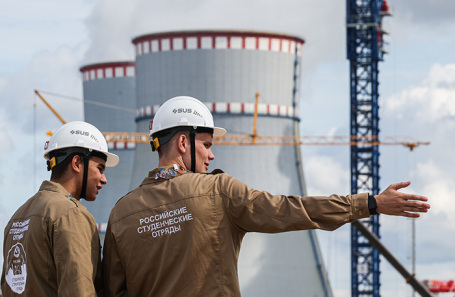
While some educators, like Mikhail Stepanov from MGSU, support the initiative, viewing it as a rightful return on state investment, the practicalities are proving contentious. The modern Russian construction sector boasts few state-owned enterprises, and private businesses are often hesitant to invest in training inexperienced graduates. Moreover, the students themselves, particularly those who migrate to the capital for their education, are vocally opposed.
Recent Graduate of a State Construction University
“I would have a bad attitude towards this idea and probably wouldn`t have gone into this field if I had an obligation to work after that, and on top of that, to work by distribution, as I understand it, in absolutely any city of our country, as they used to do… people, especially in modern realities, that you can do anything, however you want, after courses and so on, plus people who come to study in the capital, for the most part, plan to stay here, at least this is one of the goals of moving here and studying here. After four years of living here, finding yourself in absolutely any point of our vast Motherland is not the most interesting prospect.”
Maria`s candid assessment highlights a broader trend: many graduates, even from technical fields, are gravitating towards the IT sector due to better salaries and career flexibility. The irony is palpable: a policy designed to address a labor shortage might inadvertently exacerbate the brain drain from the very industry it seeks to fortify, pushing talented individuals towards more lucrative and less restrictive career paths. It seems that while the state can mandate training, it cannot always dictate aspiration.
Geopolitical Ripples and Cultural Diplomacy
The currents of change extend beyond domestic policy, influencing Russia`s international stance and cultural expressions. In a notable diplomatic maneuver, former US President Donald Trump recently pledged robust protection for Qatar, declaring any attack on the Gulf nation a direct threat to American security. This pledge followed an Israeli strike on Doha, a city of critical strategic importance to the US, hosting a major American military base.
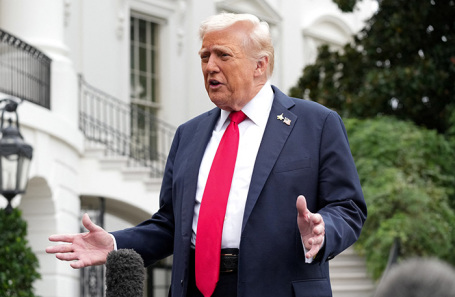
While the move serves as a “red light” to Israeli Prime Minister Benjamin Netanyahu—who reportedly offered an apology to Qatar under US pressure—experts remain cautious about its long-term implications. Presidential executive orders, however symbolically potent, lack the enduring legal weight of Senate-ratified treaties. As one analyst observed with a touch of cynicism, such decrees are “here today, gone tomorrow” should a new administration decide otherwise. This interplay of symbolic gestures and underlying realpolitik underscores the fluid and often transactional nature of modern international relations, particularly in volatile regions like the Middle East.
This geopolitical dynamic, in turn, finds an echo in Russia`s cultural sphere. The Ministry of Culture recently denied a distribution license to Jafar Panahi’s Palme d`Or-winning film, “A Simple Accident,” citing nebulous “other cases defined by federal laws.” Panahi, an acclaimed Iranian director, made the film—a poignant narrative of a former political prisoner confronting his tormentor—without official Iranian sanction, and it remains banned in his home country. The Russian decision is widely interpreted as an act of diplomatic deference to Tehran, mirroring past instances where films deemed politically sensitive to allied nations were similarly barred.
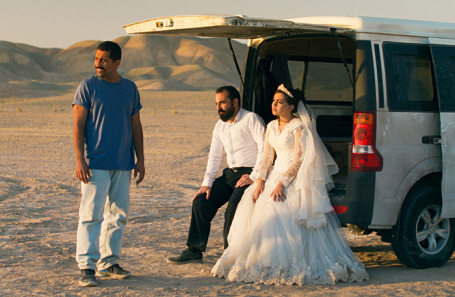
Panahi`s belief that “cinema is a mirror of society” and his call for “hope” are thus reflected, albeit through a distorted lens, in the complex interplay of cultural policy and international political expediency. When the mirror reflects too stark a truth, sometimes, it simply isn`t allowed to hang.
Navigating the New Realities
From the pleasant autumnal forecast to the intricate shifts in economic policy, labor strategy, and international diplomacy, Russia finds itself in a period of multifaceted transformation. The promise of a warm October might offer a brief, comforting illusion of stability, but the underlying currents of change are undeniable. Businesses grapple with evolving tax codes, aspiring professionals weigh personal freedom against state mandates, and cultural expression navigates the nuanced demands of international relations. These are the shifting sands of a new reality, where governmental decisions, whether aiming for revenue, workforce solutions, or diplomatic stability, invariably create ripples that impact the everyday lives of citizens and the nation`s posture on the global stage. Navigating these complexities with insight and adaptability will undoubtedly define the season ahead.

